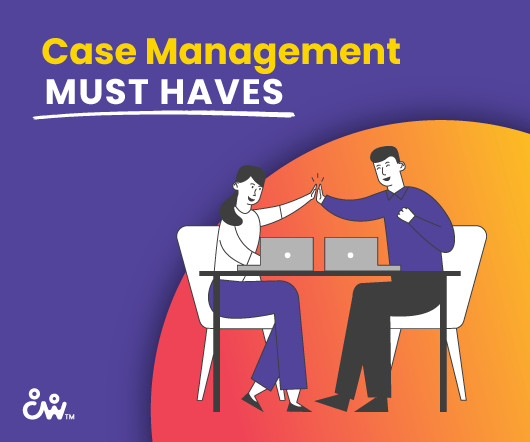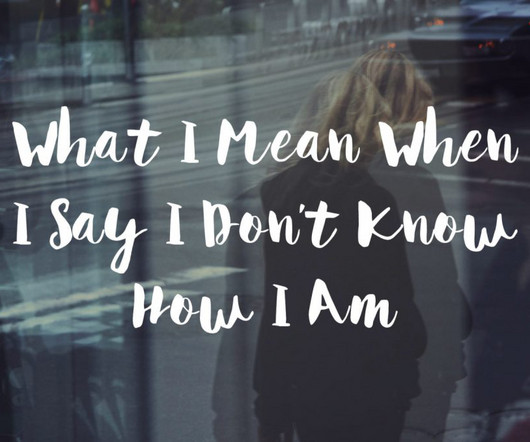‘Agency social work is a response to demand and a flexible choice for staff – so rules curbing it won’t work’
Community Care
AUGUST 2, 2023
Kate Shoesmith, deputy chief executive, the REC By Kate Shoesmith We welcome the fact that the Association of Directors of Children’s Services (ADCS) is no longer calling for curbs on agency social work in England to be implemented earlier than the government’s April 2024 target date. Moving the date forward would have been risky short-termism at a time of shortages of social workers.




















Let's personalize your content